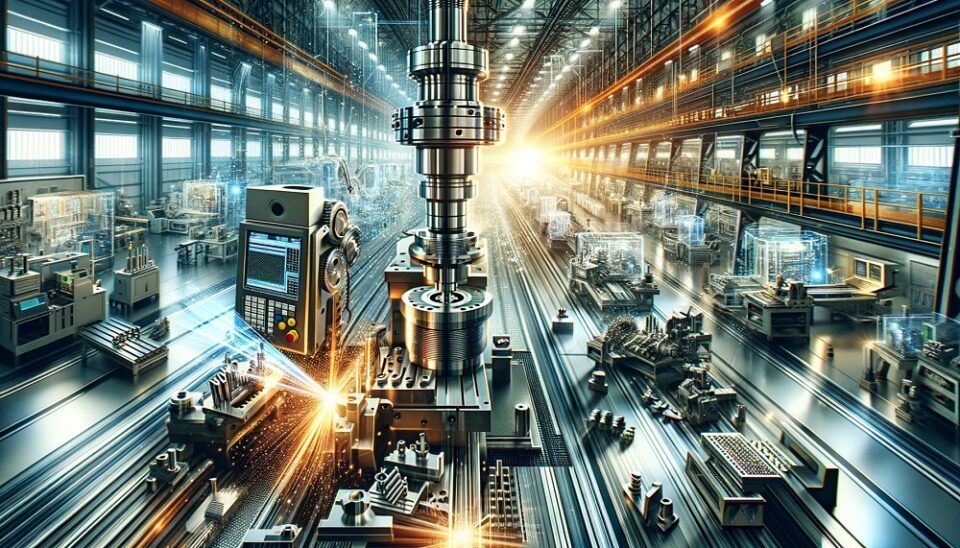In the dynamic landscape of modern manufacturing, CNC tools stand as a cornerstone of innovation and efficiency. These sophisticated machines have transformed the industry, bringing unparalleled precision and productivity to the production floor. This article explores the impact of CNC tools on modern manufacturing, underscoring their significance in driving industrial advancements.
The Essence of CNC Tools
CNC (Computer Numerical Control) tools are automated machines controlled by computer software. This technology enables the precise manipulation of tools like lathes, mills, grinders, and routers, executing complex tasks with minimal human intervention. The precision and repeatability offered by CNC tools are unrivalled, making them indispensable in today’s manufacturing arena.
Critical Benefits of CNC Tools
- Enhanced Precision: CNC tools operate extremely accurately, producing parts with tight tolerances and consistent quality. This precision is crucial in industries where even a minute discrepancy can lead to significant consequences, such as aerospace and automotive manufacturing.
- Increased Productivity: Automating CNC tools allows continuous operation without fatigue, leading to higher output and efficiency. This capability is a game-changer for manufacturers seeking to scale up production without compromising quality.
- Versatility: CNC tools can work with various materials, from metals to plastics and composites. This versatility enables manufacturers to experiment with different materials, expanding their product offerings.
- Reduced Waste: The precision of CNC tools minimizes material wastage, contributing to cost savings and environmental sustainability.
- Flexibility in Design: CNC tools facilitate the production of complex and intricate designs that would be challenging or impossible to achieve through traditional methods.
Impact on the Manufacturing Industry
The adoption of CNC tools has revolutionized manufacturing processes, leading to significant advancements in numerous sectors:
- Automotive Industry: CNC tools have enabled the production of complex engine parts with high precision, enhancing the performance and efficiency of vehicles.
- Aerospace Sector: The need for lightweight and high-strength components in aerospace is met by the precision machining capabilities of CNC tools.
- Medical Field: CNC tools are used to create precise and customized medical implants and devices in the medical industry.
- Consumer Products: The versatility of CNC tools allows for creating of a wide array of consumer products, from electronics to home appliances, with improved quality and design.
The Future of CNC Tools
The future of CNC tools is marked by continuous innovation. Software, automation, and machine learning advancements are set to enhance their capabilities further. Integrating CNC tools with emerging technologies like the Internet of Things (IOT) and artificial intelligence (AI) promises greater efficiency, adaptability, and precision in manufacturing processes.
Conclusion
CNC tools have indisputably reshaped the landscape of modern manufacturing. Their contribution to enhancing precision, efficiency, and productivity is monumental, positioning them as a vital component in the toolbox of today’s manufacturers. As technology evolves, the potential of CNC tools continues to expand, promising an exciting future for the manufacturing industry.

